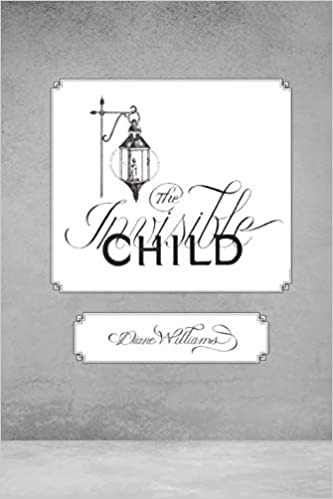 On Writing by Stephen King is a different book from most I have read on the subject of writing. In addition to being instructional, this book could be considered an autobiography. The book is composed of three sections: King’s early years, his writing life and his advice on writing.
On Writing by Stephen King is a different book from most I have read on the subject of writing. In addition to being instructional, this book could be considered an autobiography. The book is composed of three sections: King’s early years, his writing life and his advice on writing.
King’s love of writing began by copying comic books and writing adapted commentary at the tender age of five. His mother loved his stories and would always compliment him on them. At that time, King sold his first four books; his mother had bought them all and gave them to her friends.
In school, King was given a writing assignment and, as one might expect, he wrote a horror story. His teacher was appalled by the graphic nature of the story and expressed her discontent. She told him what he had written was junk and, with his God-given talent, he could do better. King was crushed at her rebuke and struggled with a belief that he was not suited to write. He attended high school and took every writing class available. After high school, he entered college and studied English. It was during this time, in a poetry class, he met his wife.
At the onset of their marriage, King taught English during the day, wrote at night, and faithfully received rejection letters on a daily basis. He struggled to support his family and as it increased in size; he became more frustrated with each notice of rejection. At this point, King had written a novel, Carrie. He submitted proposals to various publishing companies, and in turn, they rejected him many times over. He was furious. Out of frustration, he threw the manuscript in the wastebasket.
His wife had read the manuscript and she believed someone would publish it, so she took it and mailed it off to the publishers. A while later, not only did he receive an acceptance letter, but also a $2,500 advance check. After less than a year, he received $400,000 for the paperback sales of Carrie and had agreed to a movie deal. That was the beginning of King’s remarkable career. He continued writing and many of his novels have been transformed into films. The list includes well-known movies like The Clown and Misery.
After describing his early life and the genesis of his writing career, King shares what he believes to be his major pitfall: his addiction to alcohol and drugs. He cautions that many writers fall to these vices; they tend to believe they are better writers and their ideas flow more naturally under the influence of their favorite substances. King warns his fellow writers that “it’s all a farce.”
Stephen King explains his views on writing and the life of a writer quite candidly. He believes taking writing classes and workshops will not teach a person to write. Instead, he encourages writers to write daily in order to train in efficiency while trying to earn a living. He suggests to novice writers they should write at least one thousand words per day, eventually aiming for a goal of two thousand words per day. He calculates that, when writing one thousand words a day, a writer can draft a complete book in six months. Writing two thousand words every day can generate a draft in three months; an admirable completion timeframe in the publishing world.
King agrees with author Natalie Goldberg as she encourages in her book, Bare Bones, authors should write the bare bones; she sees this as the unadulterated truth of writing. King uses real events and expands on them as fiction. He gives writers tips on basic writing practices like the use of adverbs. King says that adverbs are for boring people, and that they slow down the pace of the narrative action. In addition, the use of passive voice does so similarly; he urges writers to use the active voice for excitement and pacing.
King authored this book to inspire writers and inform them of what they will face in the world of publishing. Nevertheless, he urges them to keep going and to keep writing. King wrote this book for writers. He gives pointers that can be used for veteran writers, however, this book’s primary benefit is for the novice writer.
Throughout the book, King shares the joy and passion he experiences in writing. He reminds the reader that the compensation is usually very small in the beginning; sometimes the compensation is so small that writers must be gainfully employed while they write. He tells us to write out of love for the craft and that money will come as a result.

